Advice
These are some of the responses we got when we asked: “What is one recommendation you have for someone just starting to consider teaching without a Ph.D.?”

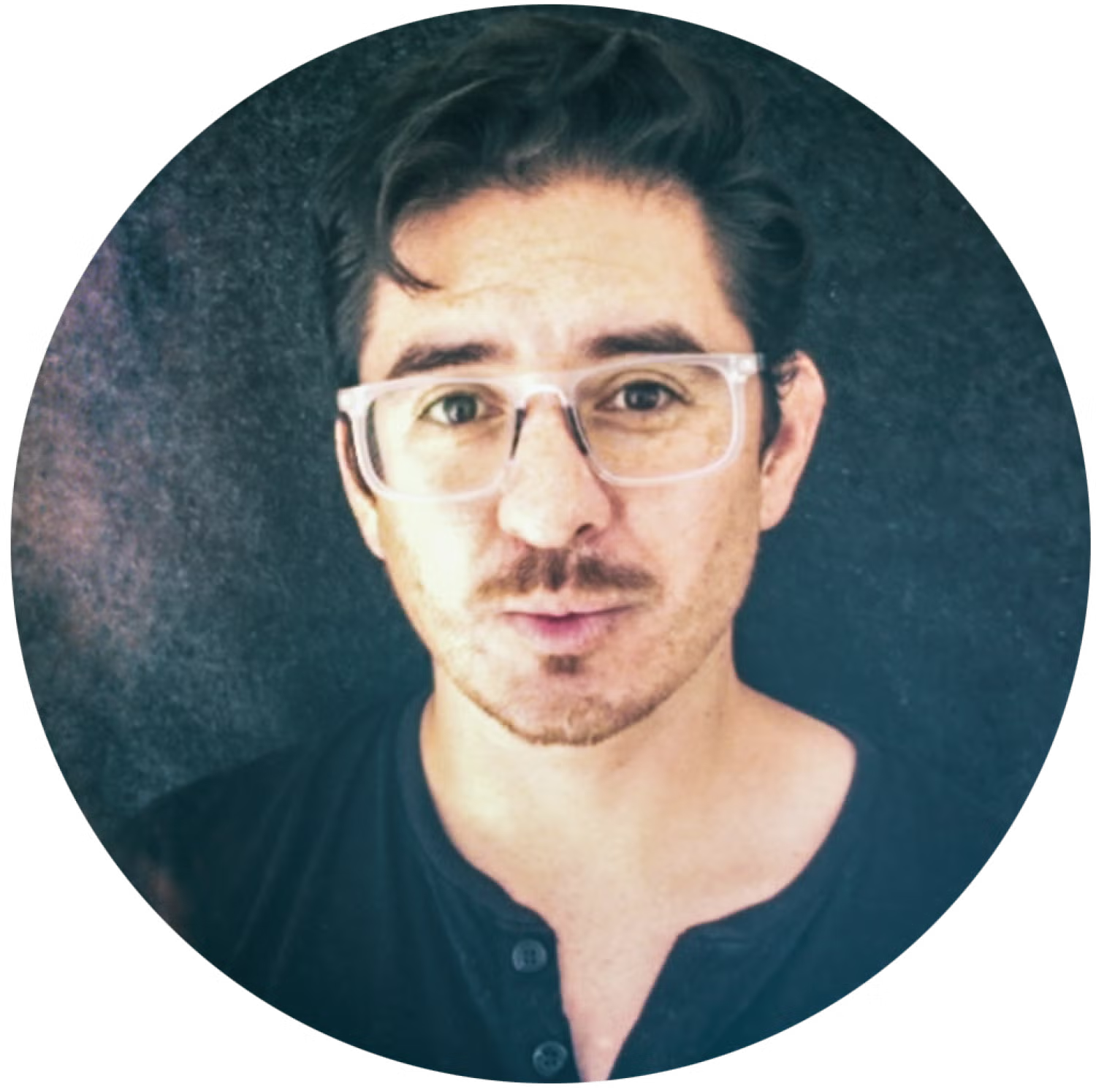
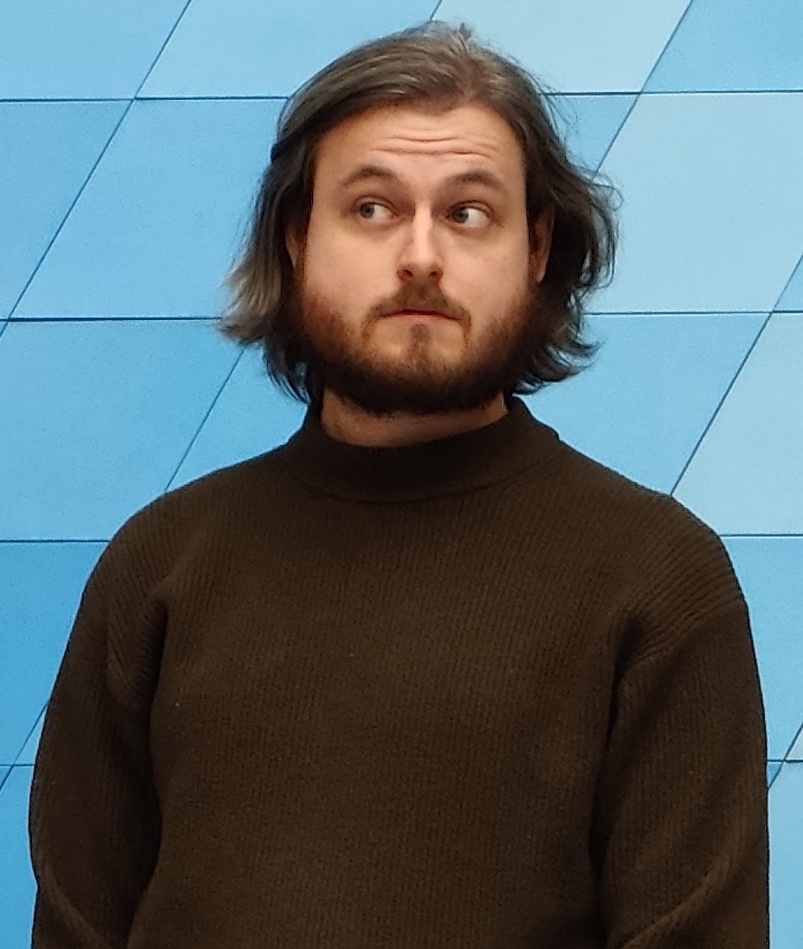
Harry Smith he/him/his
Senior Lecturer, Computer and Information Science
University of Pennsylvania
Find your niche outside of core programming courses. Even if you don't end up teaching there, a confident proposal about your area of expertise is very helpful.
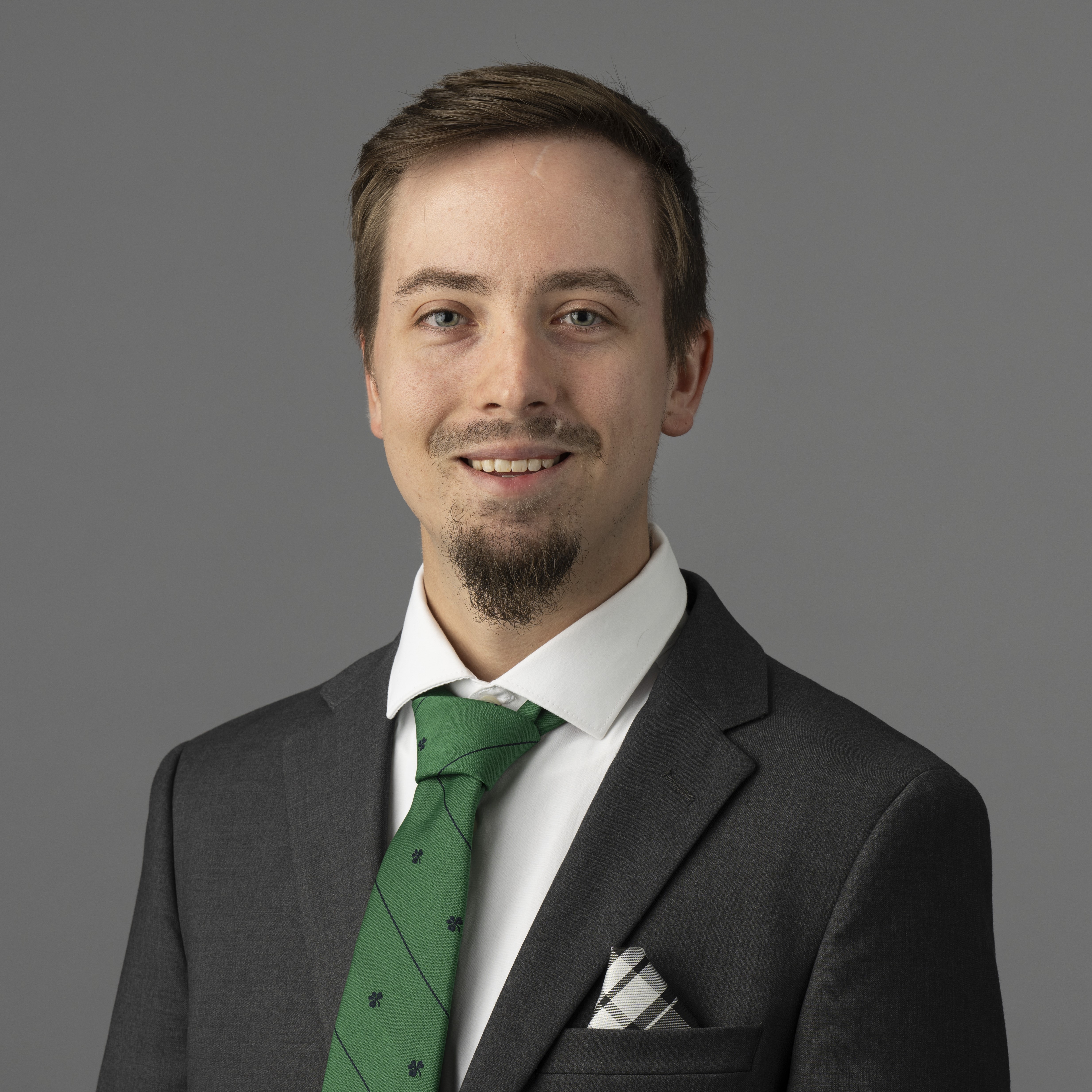
Jack Manhardt He/Him
Assistant Teaching Professor, Computer Science
Missouri S&T
You will need (preferably multiple) people at your target institution who can bring your application to the faculty and vouch for your teaching ability. Applying to the same institution where you completed your masters is your best shot, but otherwise network, network, network. Some faculty will advocate for taking a chance on a M.S. applicant they know and trust over a stranger with a PhD, but others are sadly not so open-minded yet and you'll need someone on your side to convince them.
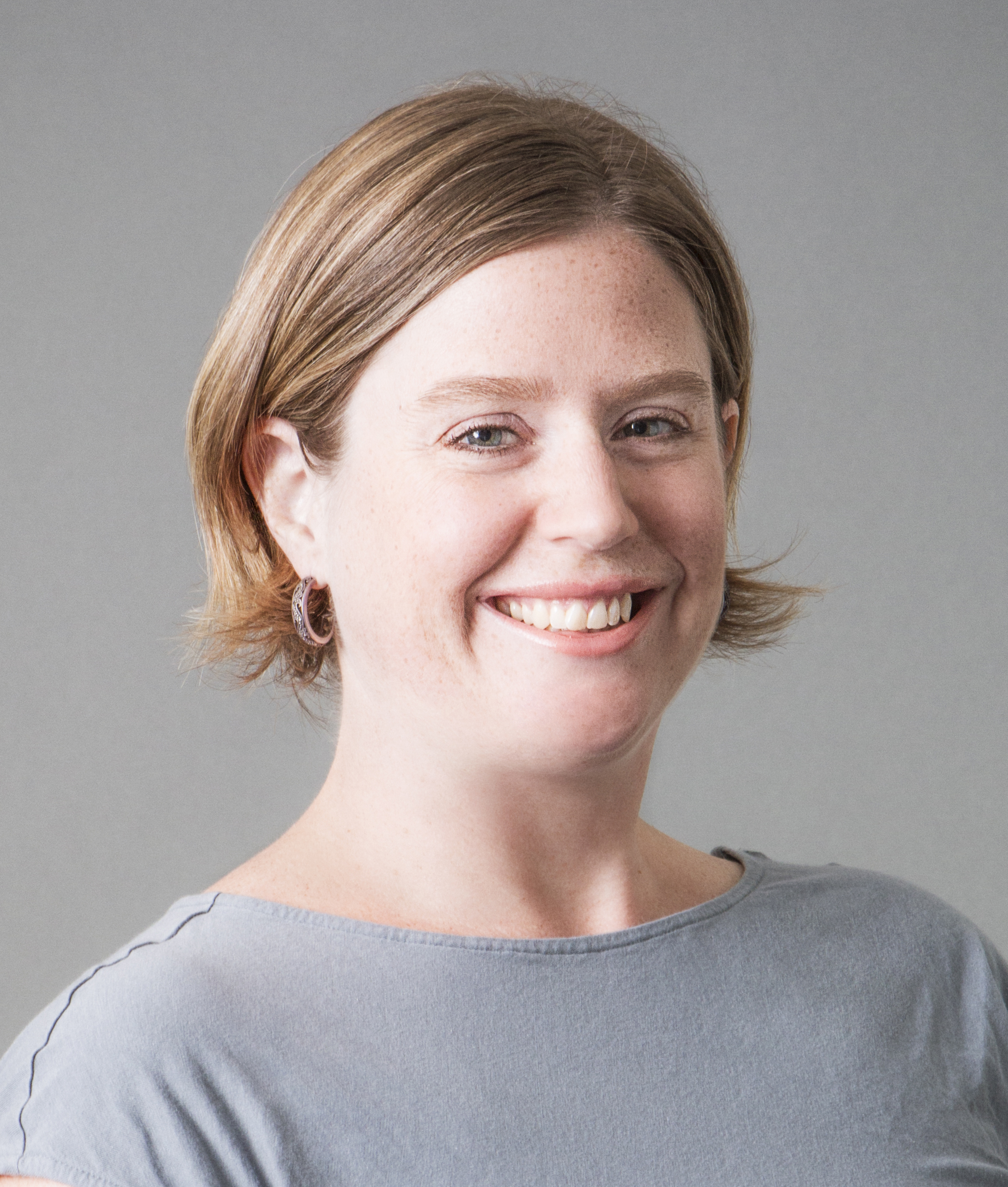
Kendra Walther (she/her/they)
Associate Professor of Practice, Information Technology Program
University of Southern California
Talk to as many folks as you can to figure out environment

Kevin Lin he/him
Assistant Teaching Professor, Computer Science and Engineering
University of Washington
Sasha Costanza-Chock echoes W.E.B. Du Bois when she asks, "Is the ultimate object to make people good coders, or to make coders good people?" Computing education is a sociopolitical project that affects all of our lives, involves all of our values, and determines our collective hopes for the future. And yet it is also a personal project that is about community, connection, and identity. In both these ways, teachers shape the imaginations and possibilities of the people we teach, how each person will spend their 80,000 career hours, and what they ultimately see in themselves. To realize a more caring and just future, we must work toward equity at all levels that engages students in all these ways, which starts with an eagerness to listen, learn, and act toward these ends.

Matt Wang he/him
Assistant Teaching Professor, Computer Science & Engineering
University of Washington
Build up as much teaching experience as possible, even if it's informal (i.e. not as the instructor of record or as a TA, or specific to CS). Anything counts - especially if you can reflect on how those skills would (and would not) transfer towards teaching CS!

Michael Ball he/him
Lecturer, Electrical Engineering and Computer Sciences
University of California, Berkeley
Find your allies! Most people probably won't realize you do not have a Ph.D.
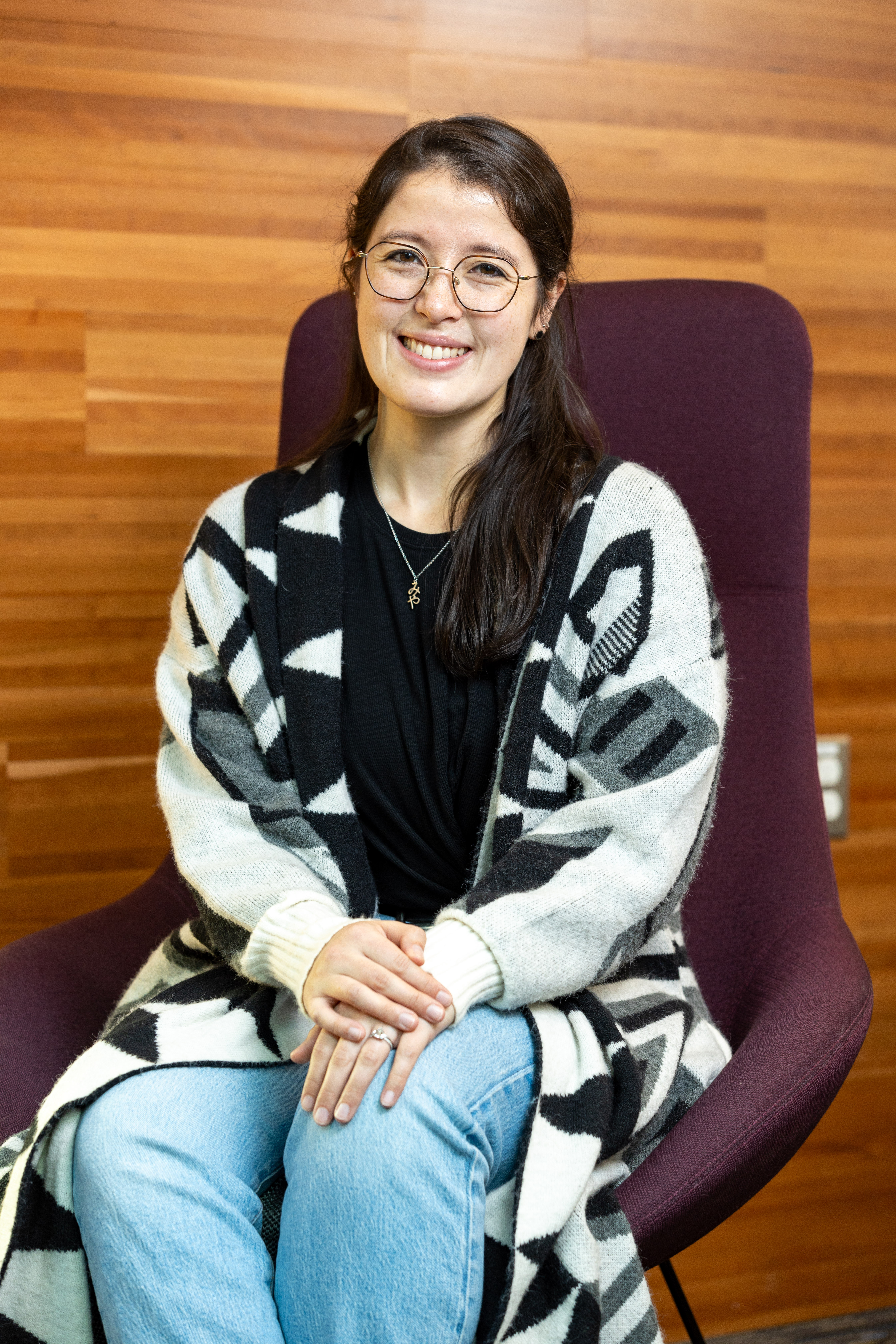
Miya Natsuhara she/her/hers
Assistant Teaching Professor, Paul G. Allen School of Computer Science & Engineering
University of Washington
Ask questions, and find your people. I felt out of place and like an imposter when I overheard other faculty members discussing more Ph.D.-related things like grants, advising grad students, and managing labs. I didn't always have the full context of their discussions, but felt nervous to reveal that I lacked this knowledge or experience. But they hired you, they're familiar with your background, and you bring a ton of knowledge and experience to the table that they don't have! As you get to know academia and your specific institution, ask questions and find your people (who you can also ask questions). Every institution will have a tagline, but the people you connect with can provide advice, background, and insights that will serve you well as you continue!
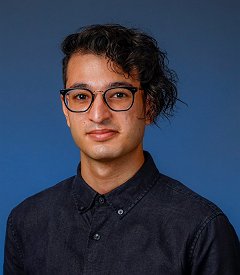
Omar Ibrahim he/they
Lecturer, Computer Science
University of Illinois Chicago
Reach out and ask for help! You're lucky enough to be considering this at a time when there are a fair amount of people who have trod this path before (many on this website) -- their experiences are all going to be varied and different, but one thing I think most of us are very happy to do is to help others to follow the same path, whether that's figuring out what that path looks like for you, where you need to go, or how to apply for jobs. There are also likely (depending where you're at) people at your institution who will work with you to make sure you're getting experience teaching your own courses or taking on responsibility in courses so that you can see what that feels like for yourself and get the kind of experiences to help you land a job.
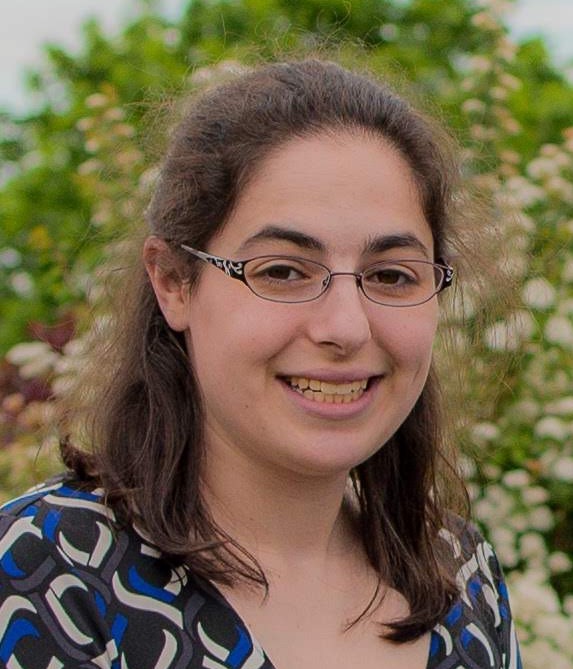
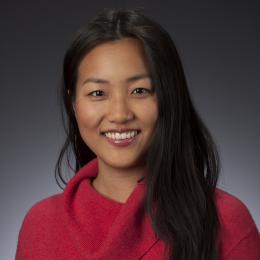
Sharon Solis she/her
Lecturer, Computer Science and Statistics & Applied Probability
University of California, Santa Barbara
I liked teaching part-time first to see if I actually enjoyed teaching. And I liked teaching at different types of institutions (city college, private undergraduate college, and research university) to experience the differences first-hand.
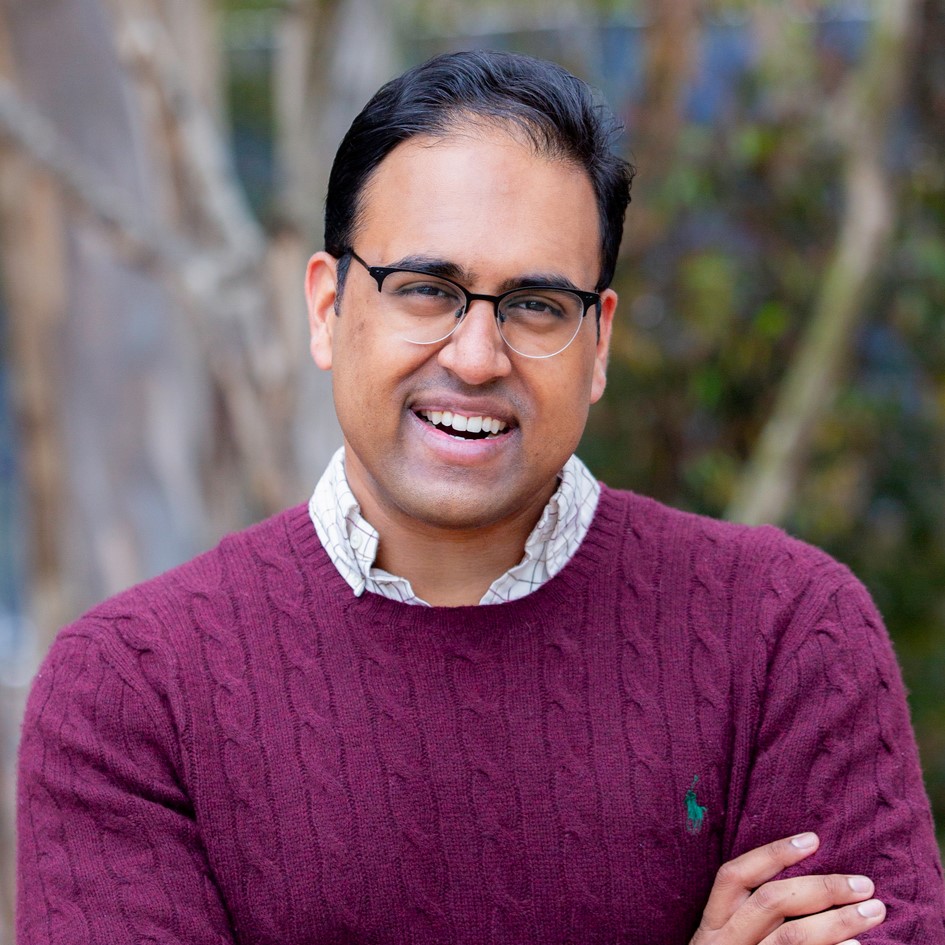
Suraj Rampure he/him
Lecturer III, Computer Science and Engineering
University of Michigan
Two things:
1. Reach out and talk to as many people who came before you as you can. I benefitted immensely from chatting with others who went down this path; they helped with identifying if this was the right career path for me, giving me the "insider scoop" about the institutions they were at, helping me prepare for interviews, how to negotiate, etc. This site should help with this to an extent, but it's also important to build personal connections.
2. Don't be afraid to apply to jobs that say they require PhDs! I received multiple offers from positions that advertised that they required PhDs. At some institutions these requirements may be more strict than others, but don't limit your search."
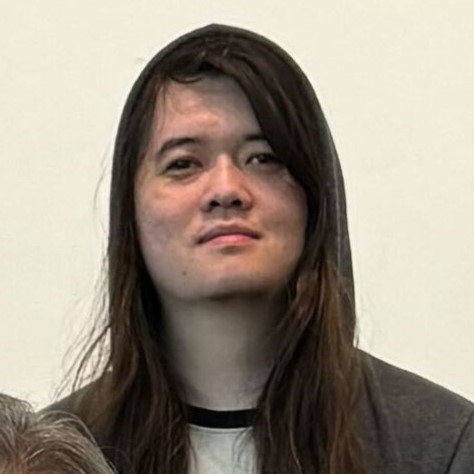
Travis Mcgaha he/him
Senior Lecturer, Computer and Information Science
University of Pennsylvania
I think when people are first considering becoming teaching faculty without a PhD (or industry experience) their concern is about whether they are “qualified” to be faculty. I had the same feelings but did not let it stop me. Many other people I knew decided to go to industry and part of their reasoning was so that they could learn more and be better qualified.
I reject that you need either a PhD or industry experience to be great CS teaching track faculty. You will continue to learn as faculty, and you do not need to go to industry or finish a PhD to learn anything you would teach. Can those experiences help? Yes, but so will the extra time you have spent as faculty instead of doing those other things. Those genuinely interested in industry or a PhD should still do it, but it is not at all a required experience, instead I see it as a “different” experience.